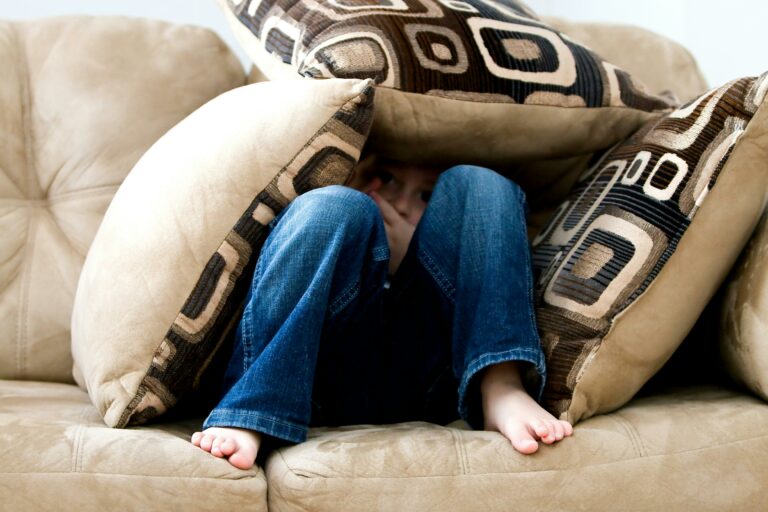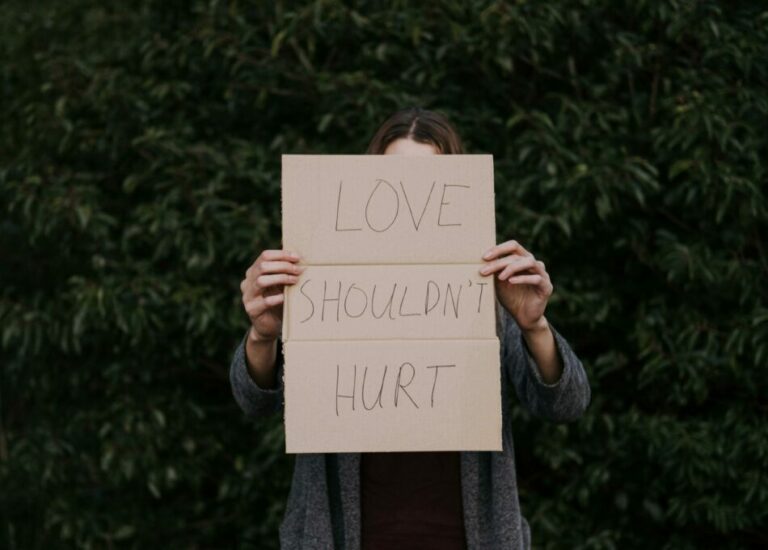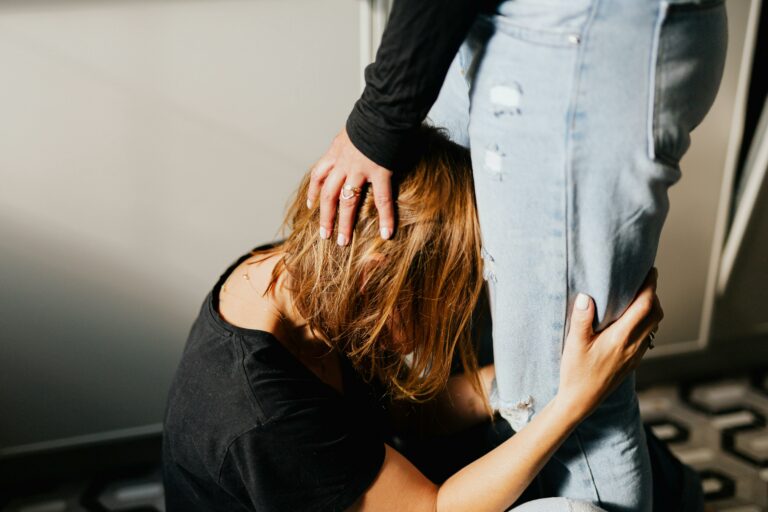About Domestic Abuse
Domestic abuse is very common – research shows that it will affect 1 in 4 women in their lifetime. 1 in 3 victims of domestic abuse are male and around 25% of LGBTQ+ individuals experience violent, abusive, or threatening relationships with partners or ex-partners.
Domestic abuse refers to a range of behaviours by a partner (male or female), family member or carer and can include emotional, physical, psychological, sexual and financial abuse.
You may be experiencing one, some or all of these types of abuse:
Are you feeling that:
- Coercive control – a pattern of intimidation, degradation, isolation and control with the use or threat of physical or sexual violence.
- Financial or economic abuse – controlling a partner’s freedom. It can include using credit or debit cards without permission or building up debts in the victim’s name or restricting access to resources like food, clothing, and transportation
- Harassment and stalking – when someone repeatedly behaves in a way that makes you feel scared, distressed or threatened
- Online or digital abuse – is when someone monitors, stalks, harasses, threatens, controls or impersonates another person using technology
- Emotional – constant criticism, being shouted at
- Physical – being slapped, kicked, bitten, hit, punched
- Psychological – prevented from seeing family and friends, stopped from going out to work, threatened with abuse or told you may lose your children if you leave.
- Sexual – made to have sex, sexual degradation
- You are worthless
- There is no choice but to put up with things
- As long as the children are OK it’s worth staying
- The children may be taken into care if you ask for help
- You couldn’t financially support yourself if you left



